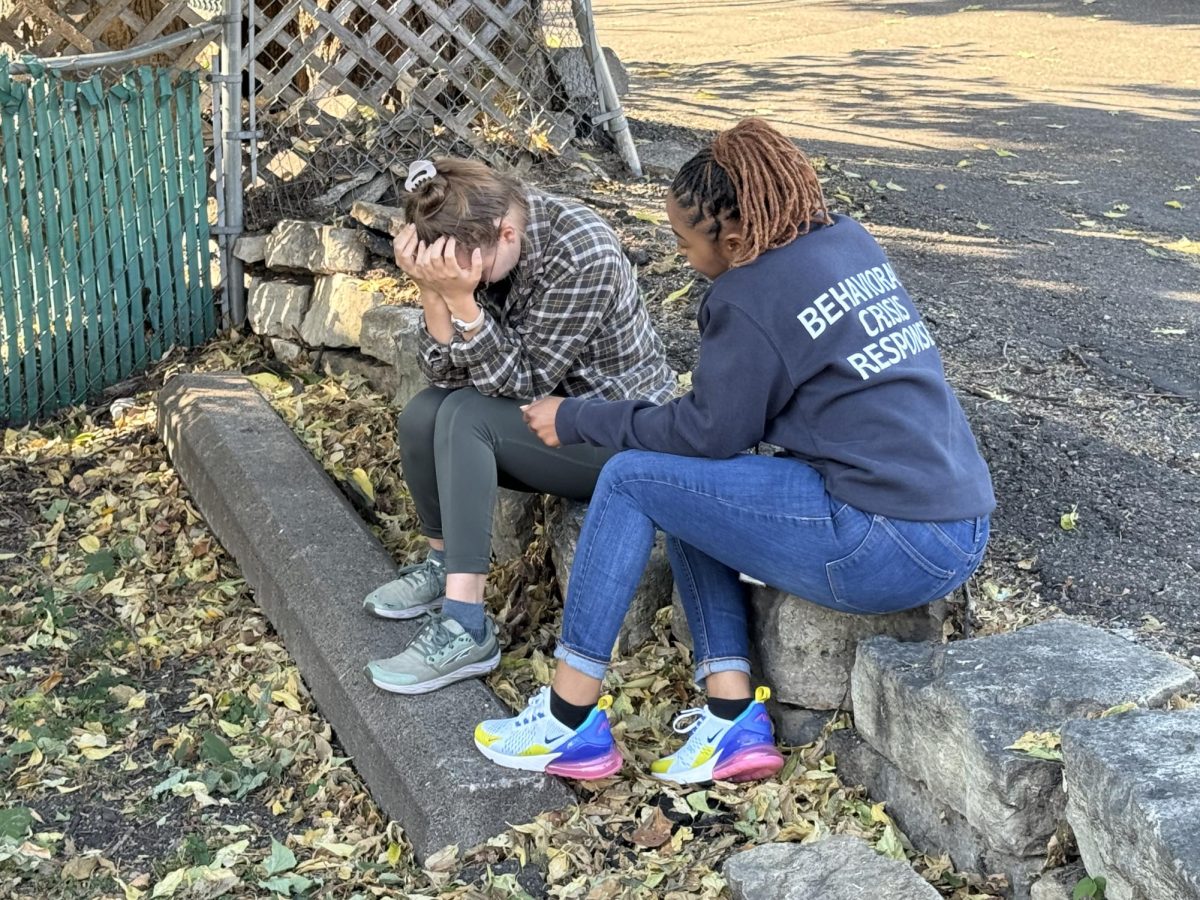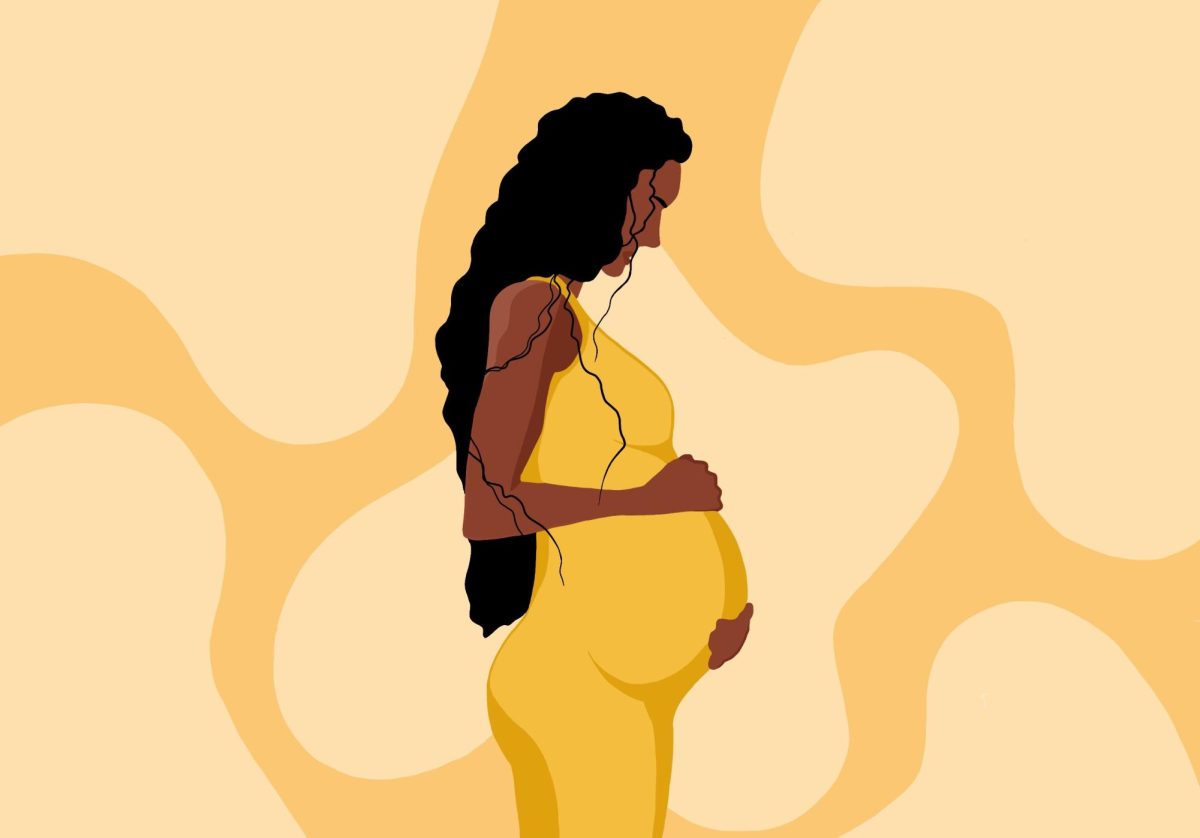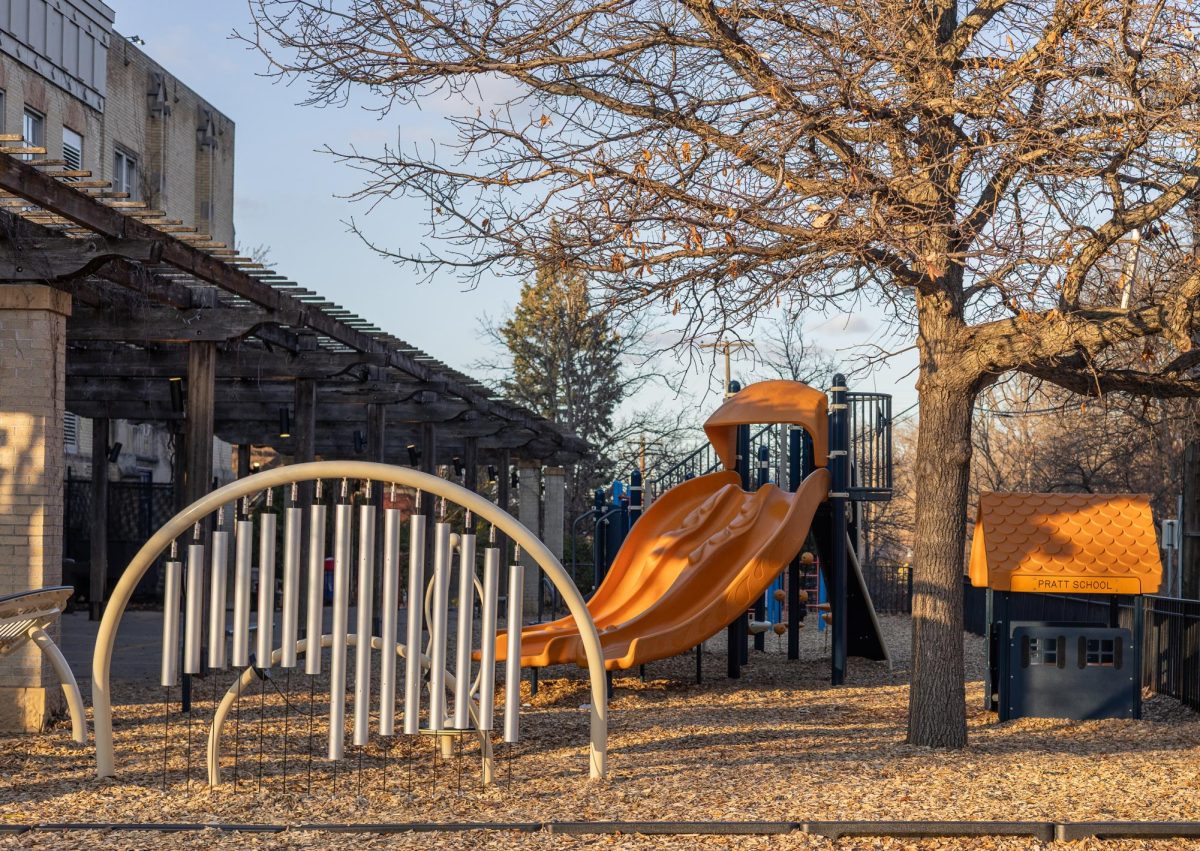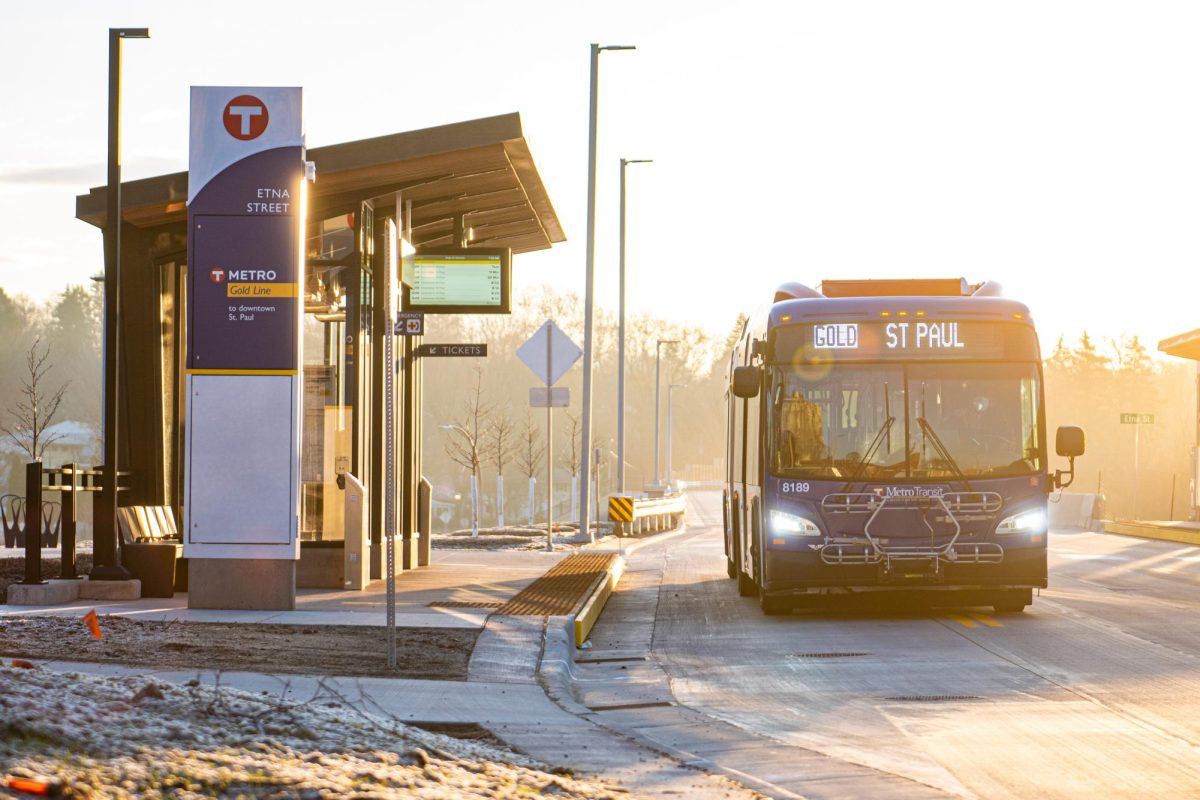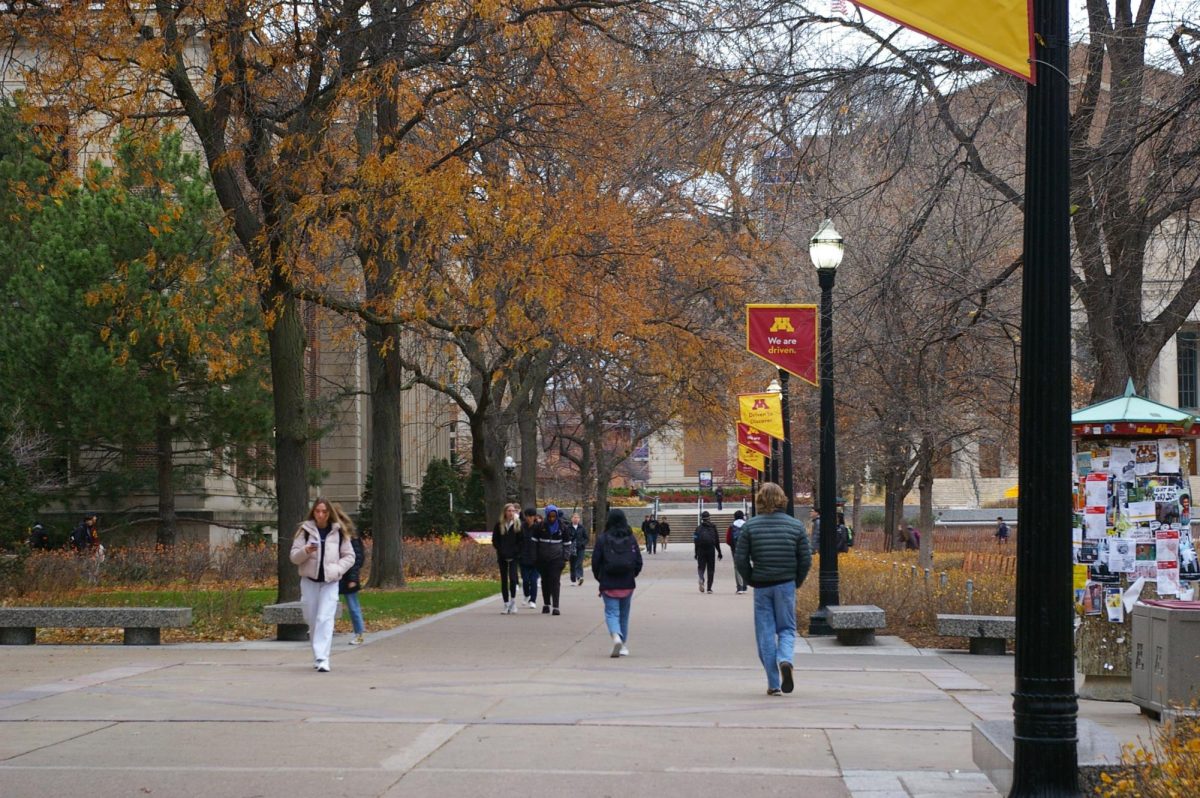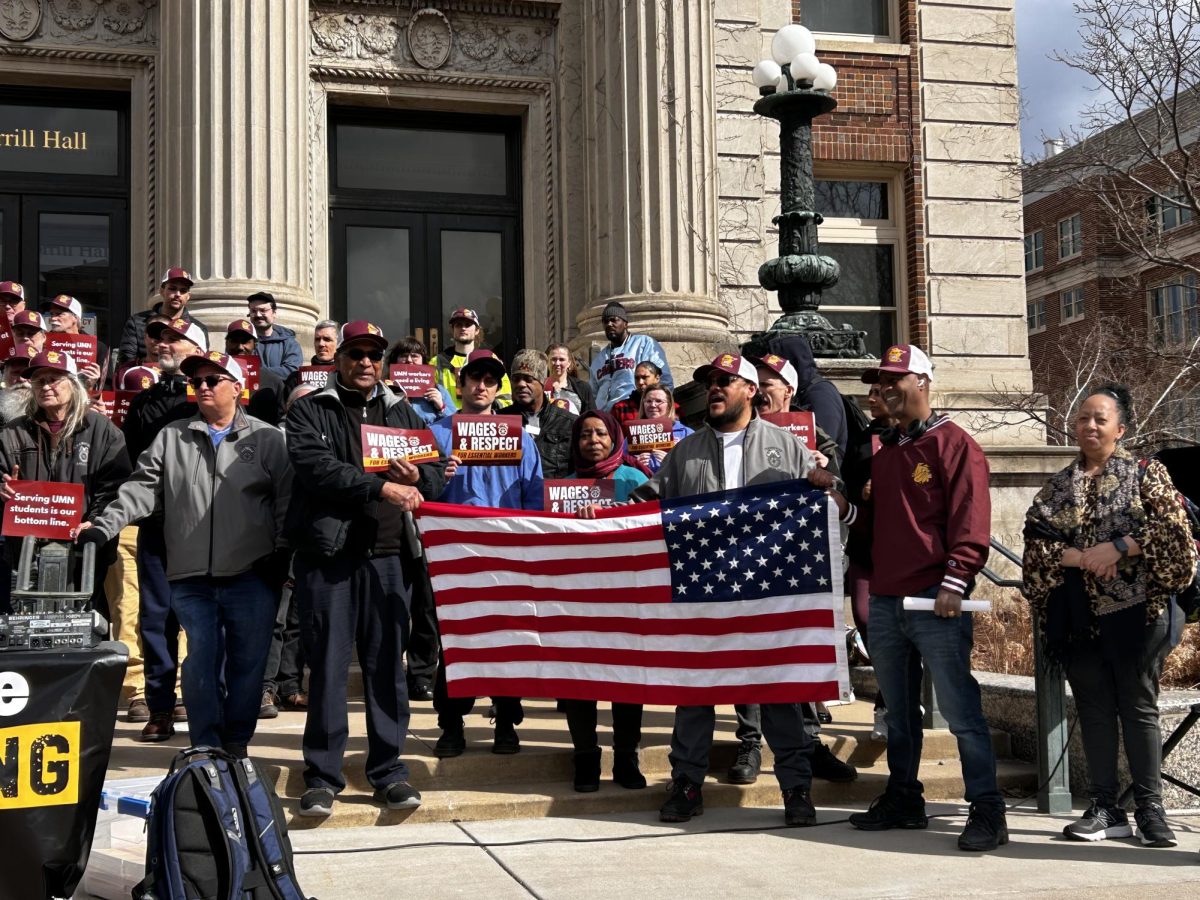Minneapolis uses the Behavioral Crisis Response (BCR) team to provide crisis intervention, counseling and connection to support services to residents for free.
The city partnered with Canopy Roots, a community mental health organization, to create the BCR team in 2021. Canopy Roots runs the team and hires responders to support people in crisis.
The support offered by the BCR is completely voluntary, Canopy Roots spokesperson Austin Wiebe said.
Responders are trained to de-escalate, experienced in helping people with trauma and are caring professionals respectful of people’s backgrounds, according to the BCR website.
When a 911 call is placed, people in the city ask the caller questions to determine if the Minneapolis Police Department (MPD) or the BCR team is dispatched, Canopy Roots Director of External Affairs Taylor Crouch-Dodson said.
Certain criteria need to be met for the BCR team to be assigned to the call. If there are signs of violence, weapons or a medical emergency, Crouch-Dodson said MPD is dispatched first.
MPD spokesperson Sergeant Garrett Parten said the MPD finds the BCR team beneficial as more time and specialized help are spent with people in need.
The relationship MPD has with the BCR team is similar to the relationship MPD has with the Minneapolis Fire Department, Parten said
Canopy Roots Program Manager Marisa Stevenson said if a situation changes, a new team can arrive on the scene and have the call handed over to them.
“If we do call for backup, we do sort of end up handing the call over to MPD, we’ll stay on scene, but we called them for a reason,” Stevenson said. “The reverse also happens, so there may be calls where police are at the scene or respond to something, and they recognize that the BCR team would be better, so they can call on our team.”
The BCR team can be recognized by their use of white vans labeled BCR, the lack of sirens and the blue jacket the response team wears, Wiebe said.
“We did research and conducted surveys of people around the city around what they would want their program to look like,” Wiebe said. “It included things like city and voluntary and no lights and sirens, and run by a community organization, not directly in the city. So a lot of projects are in the city.”
Crouch-Dodson said the BCR team does not affect the University of Minnesota campus since the University’s police department has jurisdiction and not the MPD.
“It’s just important that sometimes that can be misunderstood because obviously the campus, the primary campus is in the city of Minneapolis, but it kind of offers almost like its own city,” Crouch-Dodson said.
Before the BCR team existed, people having mental health crises would have to interact with police officers and be sent to the hospital instead of receiving immediate help.
“We feel like it’s really the appropriate response that we’re providing for people in our community that are experiencing a mental or behavioral health crisis,” Stevenson said. “Police, EMS, are not trained to the extent that BCR is trained to address and attend to these calls.”
Crouch-Dodson said she believes the BCR team serves as the 911 system’s “fourth branch” with its focus on de-escalation and mental health.


